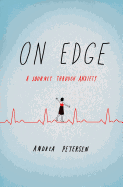"I'd like you to play a game of Scrabble with me," he says.
I hold myself absolutely rigid. I keep my face unmoving. So that's what's in the forbidden room. Scrabble!
--from Margaret Atwood's novel The Handmaid's Tale
The game is almost 80 years old. It has long been a sidelines staple for indie booksellers and a lure for community gatherings in bookstores and cafes (though a bookshop selling letters could seem a bit like a bakery that sells flour, eggs and sugar). It takes up floor space at Old Books on Front Street in Wilmington, N.C.; covers the bar at Toronto's Famous Last Words; and appears in this mural at the Last Word bookstore in Lahore, Pakistan. It has not only found extended, perhaps eternal life online, but also inspired too many virtual imitators to tally. (Let's be nice and say they're paying tribute to an elder.) It is probably even stashed away somewhere in your home.
There's an eight-letter word for it: SCRABBLE.
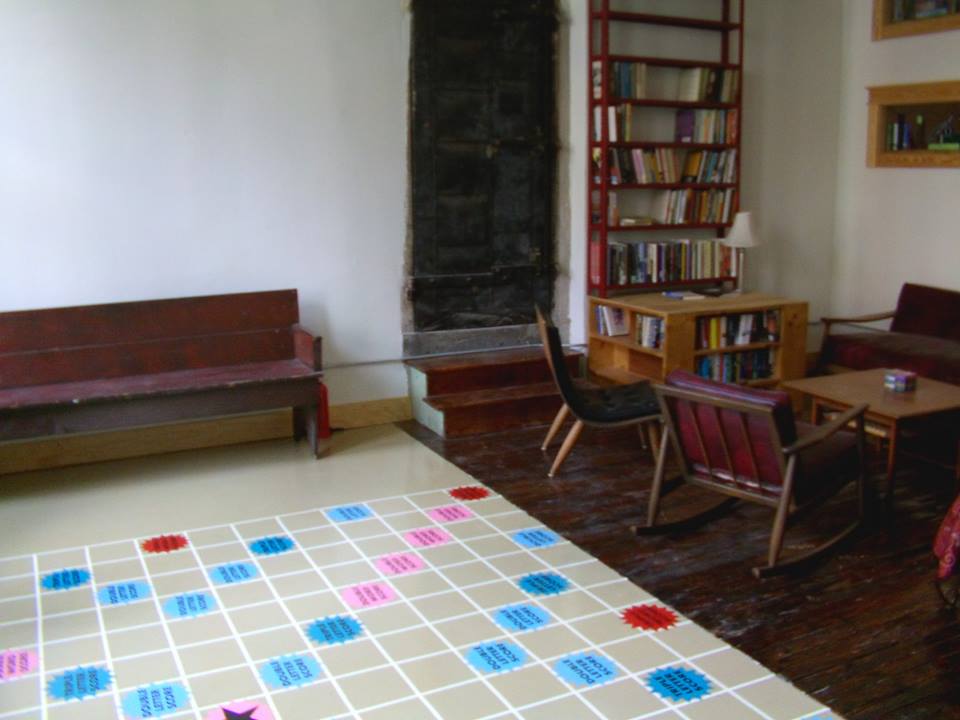 |
| Scrabble floor at Old Books on Front Street in Wilmington, N.C. |
Maybe you don't know this (I didn't), but #Scrabble Day is celebrated annually on April 13, the birthday of Alfred Mosher Butts, the game's inventor.
As someone for whom reading and writing have been a lifelong obsession, I have to admit that when it comes to letters, words fail me. I'm a terrible Scrabble player. You could beat me.
"Unlike most serious Scrabble players, I don't have the patience to study all the possible three and four-letter words, for example, but still, I am extremely competitive. It's an awkward combination," Roxanne Gay observes in her essay on competitive Scrabble, "To Scratch, Claw, or Grope Clumsily or Frantically" (collected in Bad Feminist). I get that.
And yet, my outsider's fascination with the game still prompted me to celebrate Scrabble Day by reading and thinking about letters and words--what we do with them, and what they do for and to us. Words are as trustworthy and untrustworthy as lovers, though we want to trust the words we read. We want to believe we "understand" meanings. We want clarity. We want definition. Yet we struggle constantly with a want of clarity, a want of definition.
What can a word possibly mean? How do you spell it? ("That's not a word!" screams my imagined Scrabble opponent.) And if we can't understand a single word, how can we hope that stringing tens of thousands of them together will make things clearer? As writers and readers, that is precisely what we do hope.
We may not be able to quantify words, but we do know the value of letters, thanks to Mr. Butts, an unemployed architect who invented the game in 1938 (though it didn't acquire the name Scrabble until a decade later). You have to wonder what would motivate a man to count the number of times individual letters were used on a single page of the New York Times and then assign relative numerical values to them. One hundred tiles, two of them blank.
What kind of a player was the Father of Scrabble? Butts told the Times in 1981: ''Not the best.... I like to play for fun, so I've never been in the tournament-player class. In fact, my late wife used to beat me at my own game.'' After his death in 1993, the Times couldn't resist rubbing it in: "Alfred Butts, a New York architect who died this week, wasn't much of a speller."
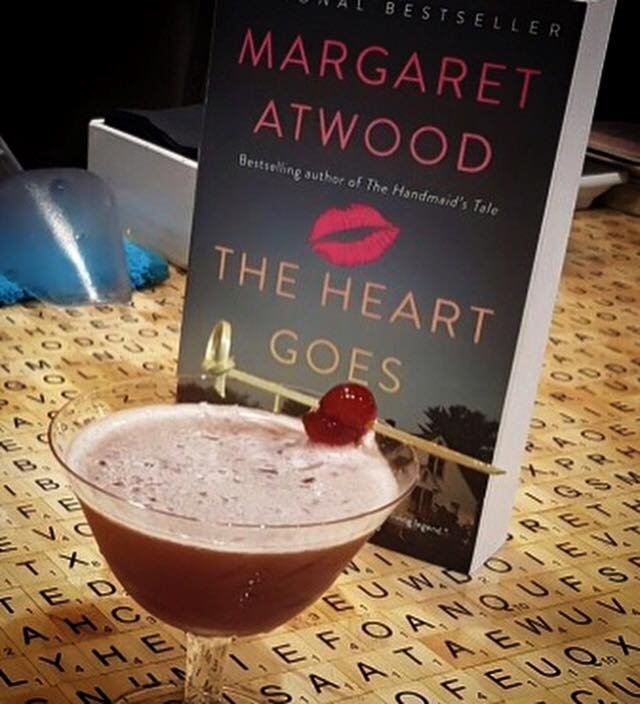 |
| At literary-themed watering hole Famous Last Words, the bar is covered in Scrabble tiles. |
During my Scrabble Day reading celebration, I learned it is estimated that at least 30,000 games are started every hour and there are more than a million missing tiles. That's from a recent Country Life article in which Jeremy Taylor took on world Scrabble champion Brett Smitheram. Their game was played at Peter Harrington Rare Books in London, "mainly because the shop has an intimidating collection of dictionaries that could prove a distraction," Taylor wrote. "However, I'm going to need more than luck. Even a watching group of well-read staff is bamboozled as Mr. Smitheram reveals his letter mixology: 'I won last year's title scoring 176 with braconid, which is a type of parasitic wasp.' "
Bamboozled, indeed.
I remember reading, many years ago, a poignant local newspaper story about the closing of a small Vermont factory that had manufactured Scrabble tiles out of maple boards for more than two decades. The production had been "outsourced" overseas and a domino effect ensued for the area--no more sawdust from the Scrabble tile factory to be used as bedding for local dairy cows, and the wood-fired ovens of the town's bakery could no longer burn rejected tiles, which the baker said were ideal. They knew the value of words. What is the exchange rate for letters?
Even on Scrabble Day, I just had to take letters and words as they came to me, for what they're worth, and make the best of them. Like these words about words from a love poem, since this is also Poetry Month:
Want a laugh? Look us up in the dictionary now
since they changed that old illustration.
We look stunned by all of this hesitant pleasure
and sweet, sweet pain. Words get in our eyes.
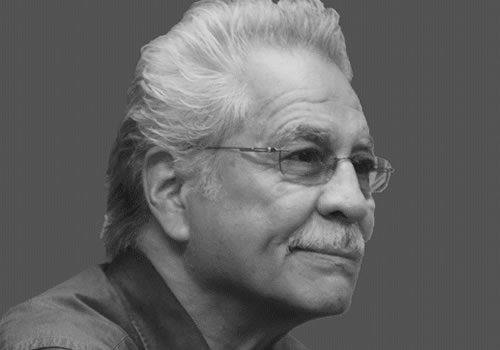 "This is what I pass on to young people today. That passion, that caring, that giving, that participating, that listening... I tell them, 'Did you know that almost 56% of Americans only speak one language, and you've been speaking two since you were in kindergarten?' This 21st century that we live in is a century of languages and cultures. I say, 'Be proud of your parents, be proud of your grandparents, be proud of your first language....'
"This is what I pass on to young people today. That passion, that caring, that giving, that participating, that listening... I tell them, 'Did you know that almost 56% of Americans only speak one language, and you've been speaking two since you were in kindergarten?' This 21st century that we live in is a century of languages and cultures. I say, 'Be proud of your parents, be proud of your grandparents, be proud of your first language....'




IPC.0204.S3.INDIEPRESSMONTHCONTEST.gif)




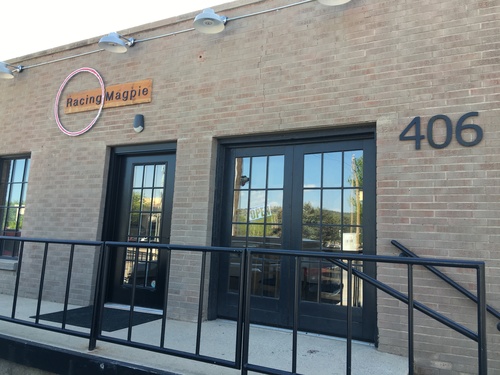

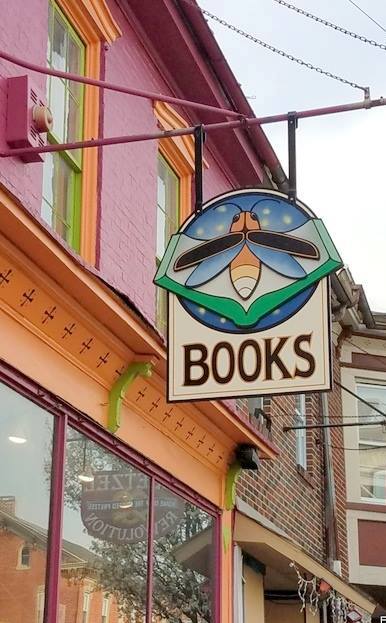

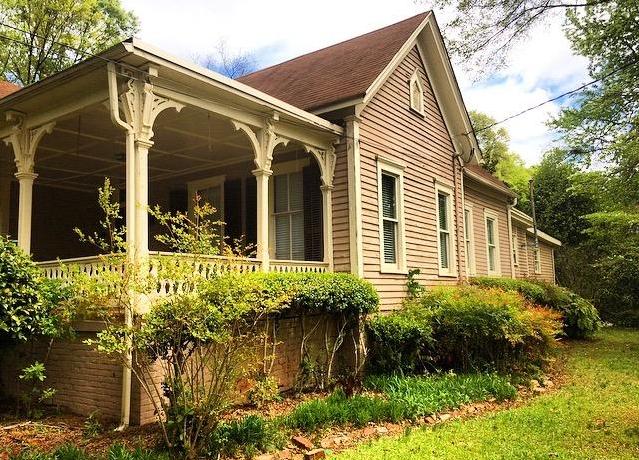
IPC.0211.T4.INDIEPRESSMONTH.gif)
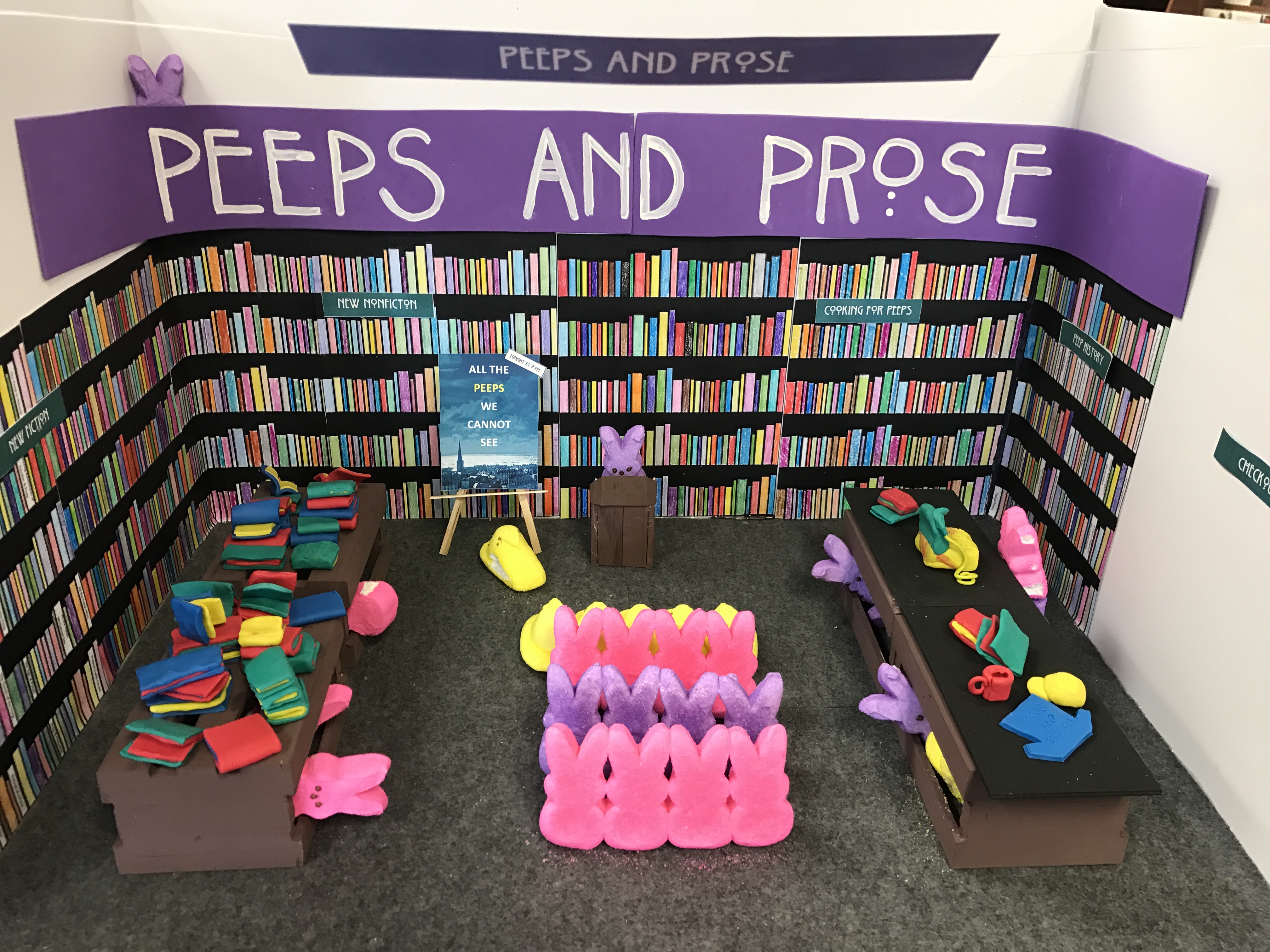 Politics & Prose
Politics & Prose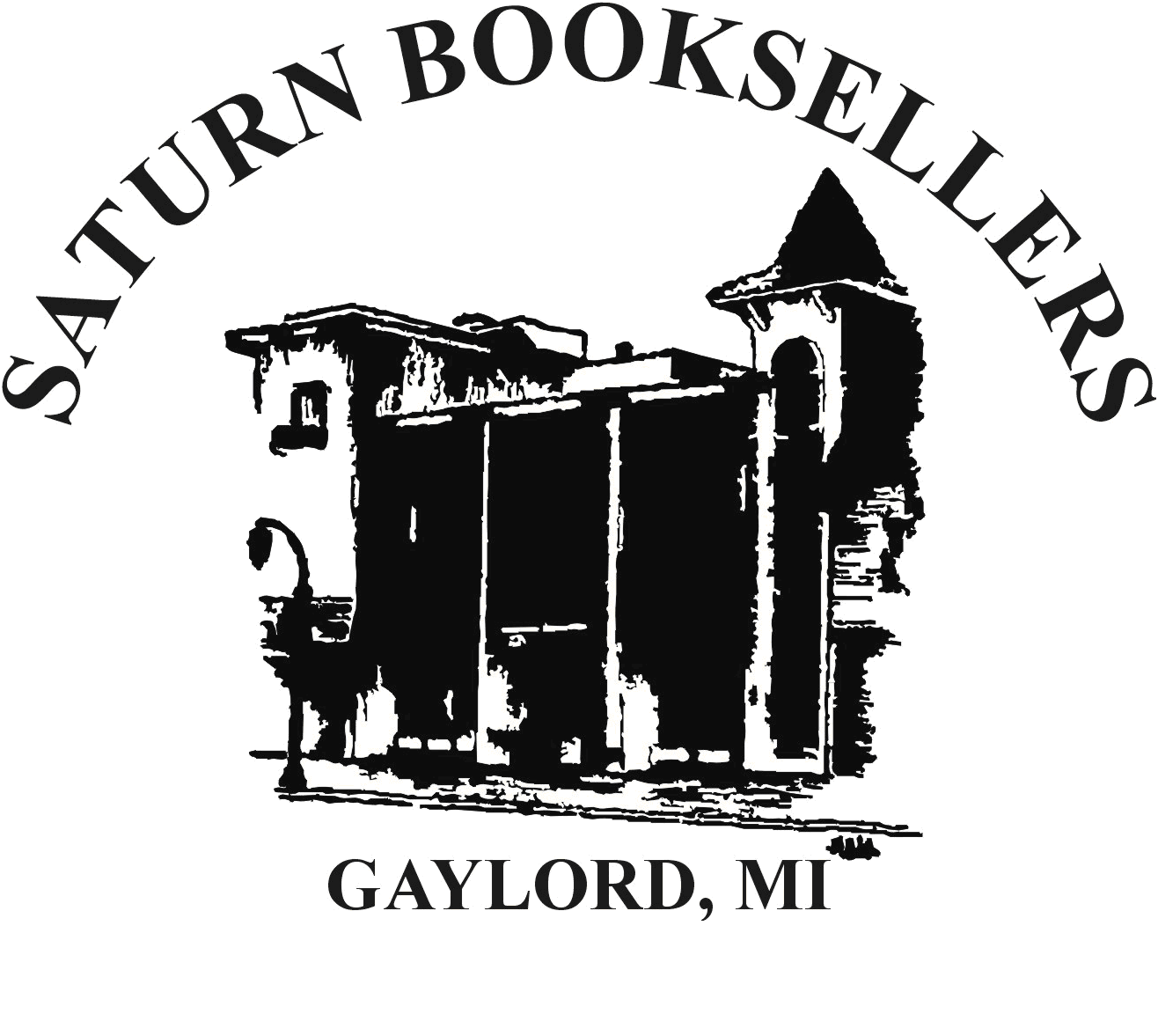 Congratulations to
Congratulations to 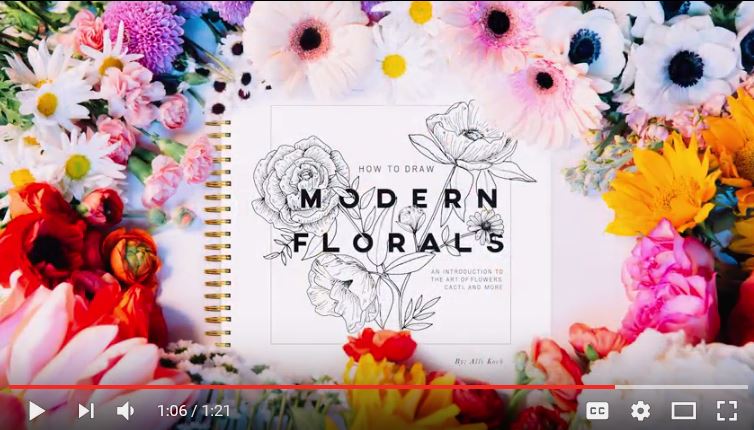 How to Draw Modern Florals: An Introduction to the Art of Flower, Cacti, and More
How to Draw Modern Florals: An Introduction to the Art of Flower, Cacti, and More
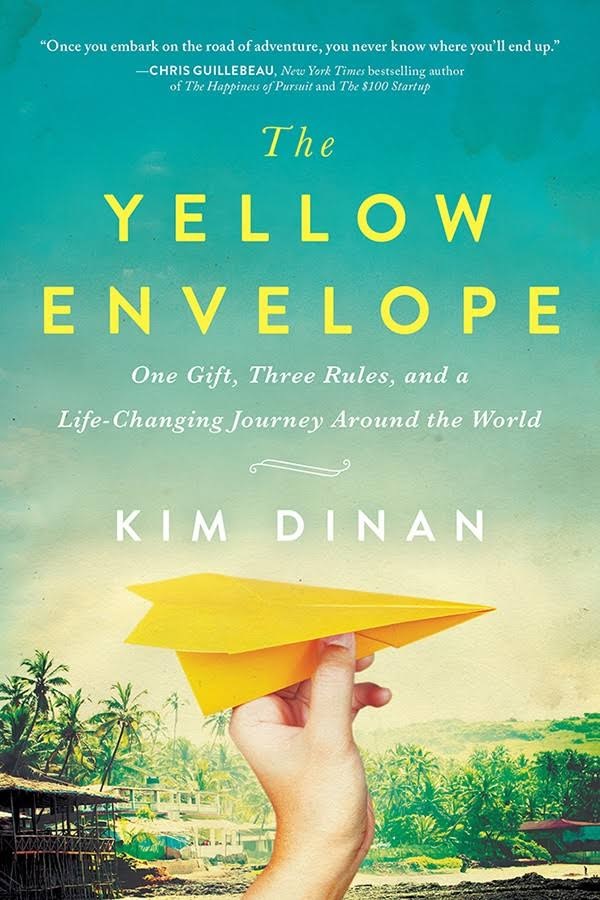 Book you're an evangelist for:
Book you're an evangelist for: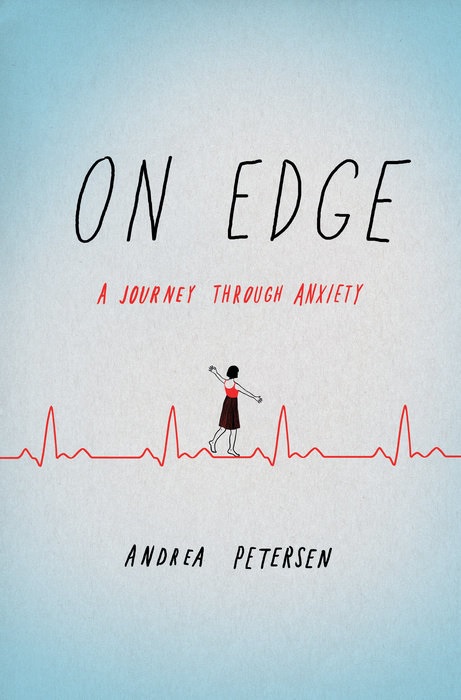 Anxiety disorders don't discriminate. As Wall Street Journal science and health reporter Andrea Petersen learned as a student in college, the debilitating fears that paralyze about 40 million adults in the United States, and the racing heart and strangled breaths of panic attacks, don't care about socio-economic status, race or sexual orientation. While women are more likely to suffer from the disorder ("There is no greater risk factor for anxiety disorders than being born female"), men are vulnerable to it as well. Even the young aren't safe from anxiety; in fact, the rate of diagnosis among college students is on a startling rise.
Anxiety disorders don't discriminate. As Wall Street Journal science and health reporter Andrea Petersen learned as a student in college, the debilitating fears that paralyze about 40 million adults in the United States, and the racing heart and strangled breaths of panic attacks, don't care about socio-economic status, race or sexual orientation. While women are more likely to suffer from the disorder ("There is no greater risk factor for anxiety disorders than being born female"), men are vulnerable to it as well. Even the young aren't safe from anxiety; in fact, the rate of diagnosis among college students is on a startling rise. 